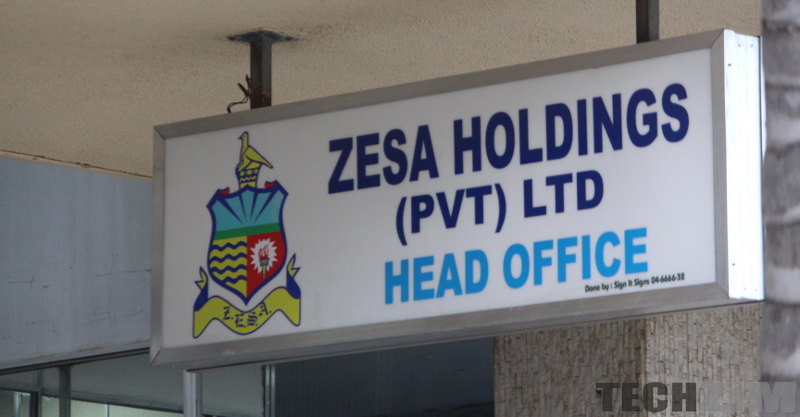WHILE struggling with low power generation capacity at all its power plants, Zimbabwe’s State owned electricity producer, Zesa has continued to groan under the weight of equipment theft with millions lost in the process, it has been learnt.
Officials argue that the situation has been worsened by debtors who owe the power utility in hundreds of millions in unpaid rates that initially were in US dollars but given the latest policy measures have suddenly been overturned into the almost worthless local currency.
In an interview with NewZimbabwe.com, Zimbabwe Electricity Distribution Company (ZETDC) consumer corporate manager Richard Mariwa said the arrears needs to be paid at the interbank rate.
“We have not heard meaningful infrastructure modernisation for some time now, what we have had is just basically maintenance,” Mariwa said.
“We are also struggling with vandalism and theft which is really decimating our infrastructure. This is mainly motivated by the need to get scrap copper and transformer oil for resale in backyard industries.”
Mariwa said Zesa has, to date, lost over US$14 million in equipment.
“We have 2200 distribution transformers that has been vandalised and over 9000 kilometres of copper conductors that have been stolen.
“So when the conductor is stolen, we then have to get replacement. We are currently, to date, sitting on a cost of US$14 million due to equipment theft and vandalism. These all have to be imported,” the Zesa official said.
“If we are to be able to provide an efficient service, we need retooling and equipment for us to be able to carry the various work, transport, live lining and other auxiliary equipment that we require.”
According to Mariwa, Zesa is owed some US$254 million by domestic consumers, US$15 million by urban centres mainly for lighting, mining industry owes $86 million, other industrial concerns US$73 million and other institutions US$53 million.
However, given the policy change that criminalised the use of foreign currencies in domestic transactions, Zesa would have to rebase this to local currencies and officials are not sure what rate to use.






